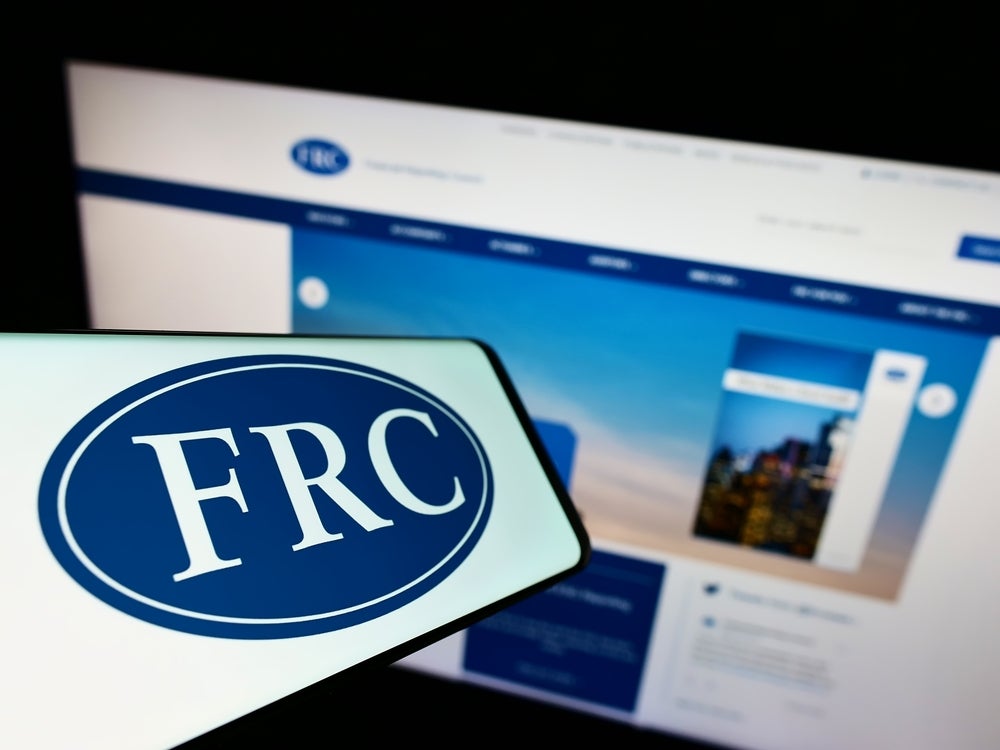Audit quality is still not consistently reaching the necessary high standards expected, particularly when challenging management and performing routine procedures such as revenue recognition, according to the UK’s Financial Reporting Council’s (FRC) Developments in Audit report.
Other shortcomings were identified in more routine audit procedures. In particular, these were in relation to revenue recognition which is typically a key metric considered by users of financial statements.
In regards to internal controls, the report found that too many auditors were not properly identifying relevant controls in areas of significant risk or were not adapting their audit approaches sufficiently when controls were found to be deficient.
Other findings in the report included:
- year-on-year familiarity with audited entities can lead to the same audit approach being followed even when changes in the business or trading environment demand a different strategy;
- too often, audit teams appear prepared to accept what management tells them rather than questioning its plausibility and drawing on specialists to form their own view; and
- audit teams too regularly accept unrealistic deadlines resulting in inadequate work.
The FRC is working with audit firms with the aim of improving audit quality and has reiterated its position that it ‘will hold firms to account where remedial action is not taken to an appropriate level or on a sufficiently timely basis’.
The FRC’s executive director of supervision David Rule said: “At a time when the whole audit market faces reform, we expect audit firms to make audit quality their number-one priority and to have effective programmes of work to deliver consistently high standards.
How well do you really know your competitors?
Access the most comprehensive Company Profiles on the market, powered by GlobalData. Save hours of research. Gain competitive edge.

Thank you!
Your download email will arrive shortly
Not ready to buy yet? Download a free sample
We are confident about the unique quality of our Company Profiles. However, we want you to make the most beneficial decision for your business, so we offer a free sample that you can download by submitting the below form
By GlobalData“Inconsistent quality erodes confidence in the profession, which can lead to diminished trust in business. Stakeholders and investors rightly demand high-quality work on all audits.
“While we see many examples of high-quality audit, our inspectors are still identifying too many audits which require significant improvements. Inspections show that challenge of management is a particular area of concern on which audit firms need to focus.
“The FRC will continue to scrutinise these efforts and hold firms to account for their delivery.”
The Kingman review, which proposed replacing the FRC with the Audit, Reporting and Governance Authority (ARGA), recommended that the FRC publish summary versions of individual audit quality inspection reports, including gradings. The FRC has stated its intention to pilot publishing these reports with the consent of the companies and audit firms, starting with the 2020/21 inspection cycle.
Following the collapse of Carillion in January 2018, the FRC came under fire from politicians and was described in a government report, alongside the Pensions Regulator, as being ‘united in their feebleness and timidity’.
Over the past two years, the FRC has worked to implement measures recommended in the Kingman review which do not require government legislation to be passed, such as the appointment of new leadership.
Over the past two inspection cycles, the FRC’s Audit Quality Review team has referred 17 audits for potential enforcement action and investigations have been opened in ten of those cases.
In the past year, the FRC’s wider enforcement activity has seen a near trebling of fines from £15.5m ($19.9m) in 2017/18 compared to £42.9m in 2018/19 and an increased use and range of non-financial sanctions, rising from 11 in 2017/18 to 38 in 2018/19.
Despite the FRC increasing the amount of fines it has imposed on firms and individual accountants, Jon Kingman, who led the Kingman review, expressed concern that the FRC would be allowed to ‘drift on’ without the necessary legislation being passed by the government.





